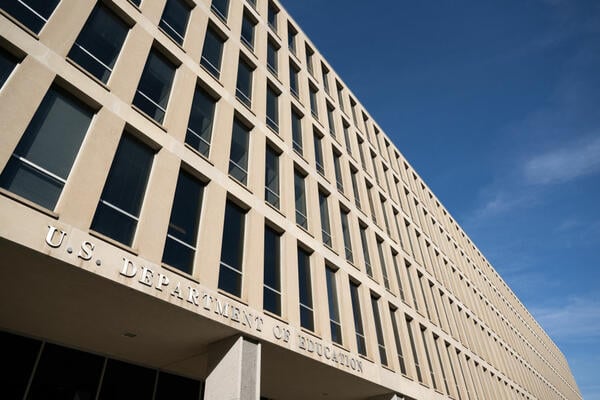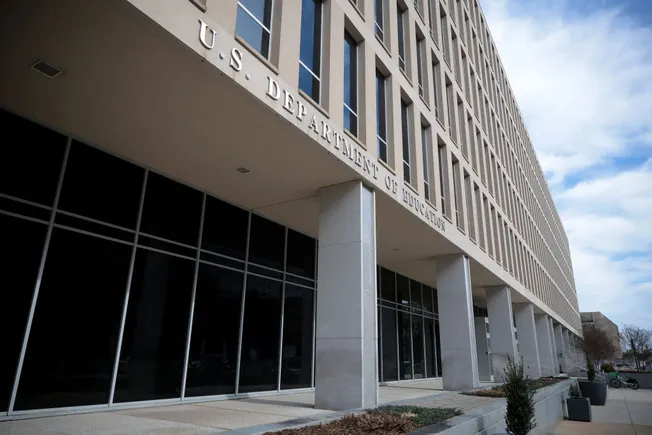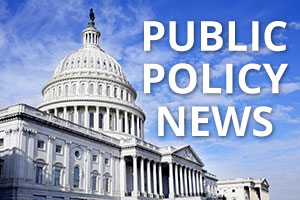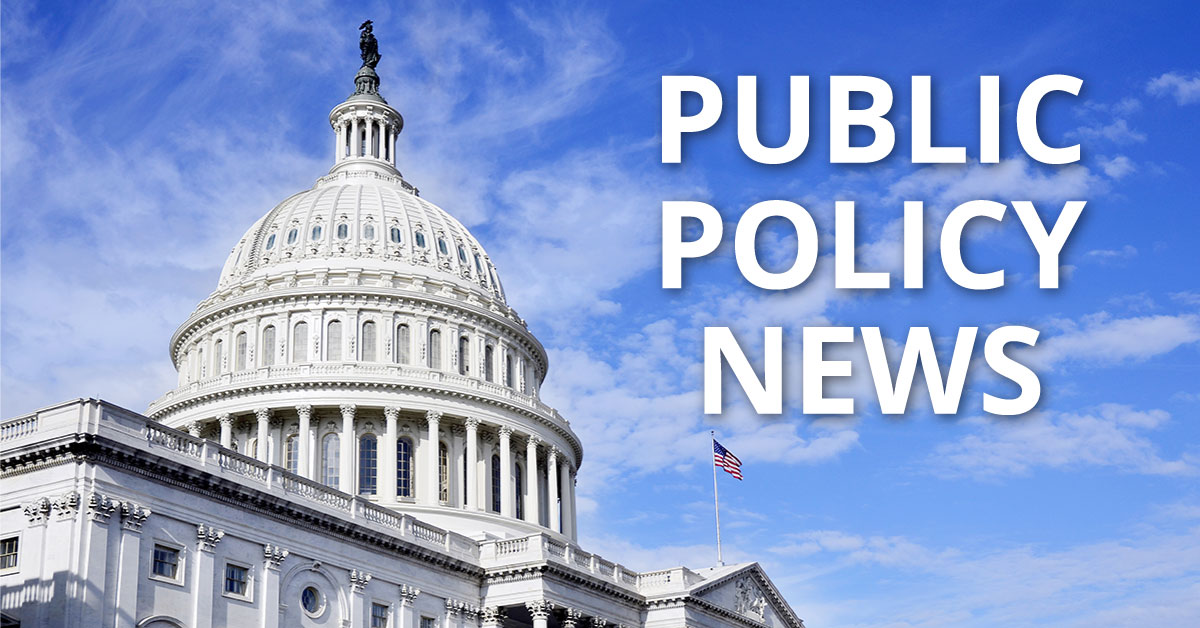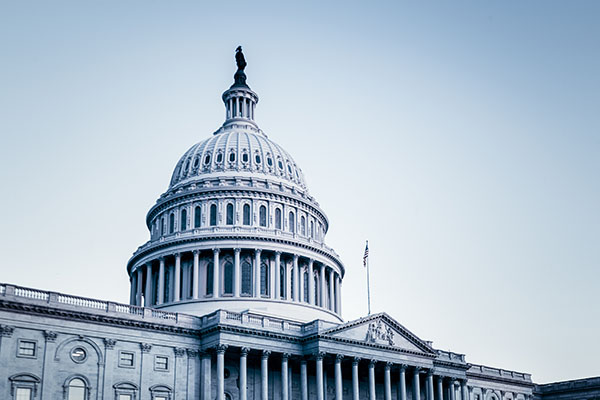As the leaves begin to turn across Central Ohio and your students head back to campus in the fall each year, we often focus on the excitement of the new semester — the football games, the homecoming dance, and the bright futures ahead. But as financial planners, we also know that life can change in an instant.
A few years ago, I witnessed a tragedy that hit close to home. A local family was suddenly upended when a father — the sole breadwinner of the household — passed away unexpectedly during his son’s sophomore year of college.
The family was left reeling, navigating a dual crisis: the emotional weight of their loss and the financial reality of how to keep their son in school.
The Silent Hero: A Proactive FAFSA filing
While the family’s previous income level had originally disqualified them from receiving need-based aid, they had made one critical, proactive decision: they filed the FAFSA earlier that year.
Because that document was already on file, the university didn’t have to start from scratch. They had a baseline — a “before” and “after” snapshot of the family’s reality. This allowed the school to move swiftly, recalculating the student’s eligibility in real-time.
The “Angel” in the Financial Aid Office – A Lifeline in Record Time
When the tragedy struck, a compassionate financial aid administrator stepped in. Because the FAFSA was already on file, the university had an immediate baseline. They collected additional information, of course, but they didn’t have to wait for new tax returns or start from scratch.
Within just a few weeks, the university awarded the student an additional $8,000 per semester. That grant allowed the son to stay in school, providing a sense of stability when everything else felt like it was falling apart. It was the difference between the student dropping out or taking on a mountain of debt.
What is a “Special Circumstance Appeal”?
In the world of higher education, the story above is a perfect example of what is known as a Special Circumstance Appeal (sometimes called “Professional Judgment”).
Many families believe that once a financial aid package is set, it’s written in stone. In reality, financial aid offices have the authority to adjust your aid if your current financial reality no longer matches the “prior-prior” tax year data used on the FAFSA.
New Federal Requirements: The Law is on Your Side
Under the FAFSA Simplification Act (fully implemented for the 2024-2025 and 2025-2026 cycles), the federal government now mandates that every college have a process for “Professional Judgment.”
Colleges are no longer allowed to have a “no-appeal” policy. They are required by law to:
- Publicly disclose that students can request an adjustment for special circumstances.
- Review every request on a case-by-case basis.
- Provide a clear process for families to submit their documentation.
As a reminder, ALWAYS file the FAFSA. Even if you think you make “too much” for aid, filing creates a financial “snapshot” that serves as an insurance policy of sorts if your circumstances change mid-year. And also, keep your records organized. Having easy access to tax returns and financial aid forms allows you (or your advocate) to act swiftly during a crisis.
How the Process Works
If your family experiences a significant financial shift, you don’t need to “wait until next year.” As the story above shows, you should reach out to the college’s financial aid office to request a review as soon as possible. You will typically be asked to:
- Write an Appeal Letter: Factual and concise, explaining the change in circumstances. Most schools have a form that you will be required to fill out, or a section of the school’s student portal.
- Provide Documentation: Such as termination letters, medical bills, or death certificates.
- Complete a Verification: The school will verify your current income to determine a new, more accurate “Student Aid Index.”
What Qualifies? (It’s more than you might think)
While the loss of a parent is a clear catalyst for an appeal, schools can also reconsider your aid for several other reasons:
- Job Loss or Significant Income Reduction: A layoff, a forced career change, or even a major reduction in overtime pay.
- Unreimbursed Medical Expenses: High out-of-pocket costs (usually exceeding 7.5–11% of your income) that weren’t covered by insurance.
- Divorce or Separation: When a household splits after the FAFSA has already been filed.
- Natural Disasters: Costs associated with repairing a home or business after a flood, fire, or storm.
- One-Time Income Spikes: If a one-time IRA distribution or inheritance artificially inflated your income on your tax return, you can ask for it to be excluded.
Our Role as Your Partners
If there is one thing we know for sure, it is that life is going to throw us curveballs. No one can control the future, but as financial planners, we help prepare for the worst and hope for the best. At Capstone, we don’t just manage portfolios and push paper; we help you navigate these complex life transitions.
If your family is facing a change in circumstances, book a Complimentary College Consultation with me. I can help you gather the necessary documentation and coordinate with financial aid offices to ensure your student’s education stays on track.




